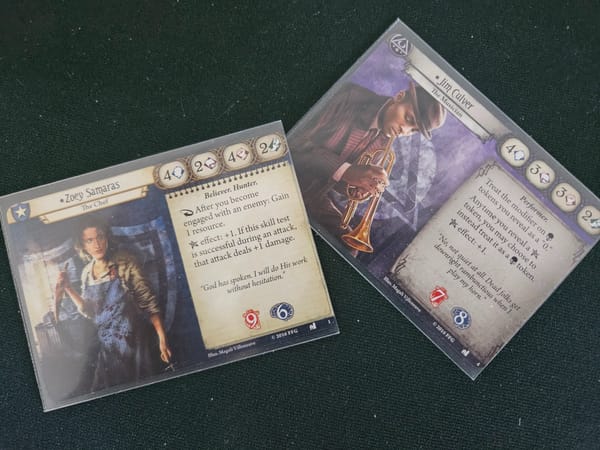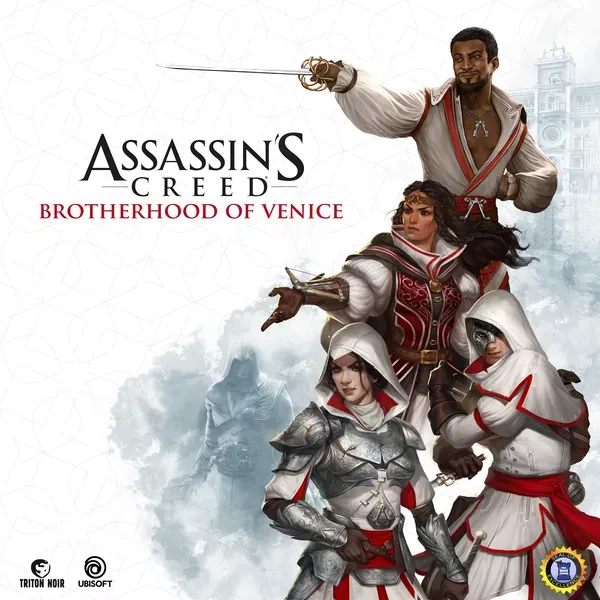Storyteller: Your default answer should be "yes"
Learn to say "yes" to the player's idea, it should be your default answer.

This article is part of my series on Player-Centric RPG. You can click on the button above to review the intro and find links to other parts of the series.
I often tell my player friends I create challenges, interesting situations or issues, not solutions. I want them to find creative ways to resolve these challenges. In fact, I usually spent as little time as possible thinking about solutions. I want to avoid any bias when I hear the players' ideas. Challenges have rarely a single solution, I hope to keep an open mind and let the players resolve these in any way they want. My default answer to them is "Yes, you can try this or that".
My job as the Storyteller is then to figure out how to translate this idea into the game mechanics. Sometimes it's straightforward, it's literally part of the game skill list. Other times, I need to be more creative, maybe stretch the rules. If we're having fun, no one will complain, right? By allowing the players more agency in resolving any situation the way they want, I empower them to take control of the game. These feelings of empowerment and having control are important psychological dimensions of well-being. This is the goal here, to reproduce these dimensions in the context of a game, to create a more positive experience for the players. Your friends could be doing a million of other things, but they chose to spend a few hours with you playing this silly RPG. Maybe we should make sure it is a positive and rewarding experience they will want to take part of again in the future.
The complete opposite would be to say "no" until they find the appropriate and previously defined solution. Sounds boring, right? It can also be demoralizing to be repeatedly told "no". The normal reaction is often to shut down and no longer suggest anything. I bet that's not what you want from your game session.
There's obviously a middle ground. Not everything suggested by the players should work. As much as you would like to, you're not digging a tunnel under this locked down with your wooden spoon. 😉 Such obvious things can be easily dismissed as unrealistic based on the laws of physics or whatever laws your weird RPG world is based on. I don't believe your players would be mad about it. It can be more complicated with interestingly unusual ideas. That's when you have to rely on your secondary power, the "Yes, but".
As you can see, the answer is still a partial agreement rather than an outright rejection to keep in line with our psychological objectives. If you think the proposition solution is weird, complex or slightly misguided, you should allow the players to still attempt it, but raise the difficulty to accomplish the task according to the game rules (e.g.: for DnD 5th, impose Disadvantage) or add a penalty unrelated to the dice roll. Maybe the execution of this idea could take a very long time or be very noisy. I usually pause after citing these disadvantages to let the players reconsider their options.
The flip side of this is I can be convinced by such an astonishing idea, that a die roll is longer necessary, the players should be rewarded for their creativity and success should be automatic. But that's a discussion for another time. 😉



